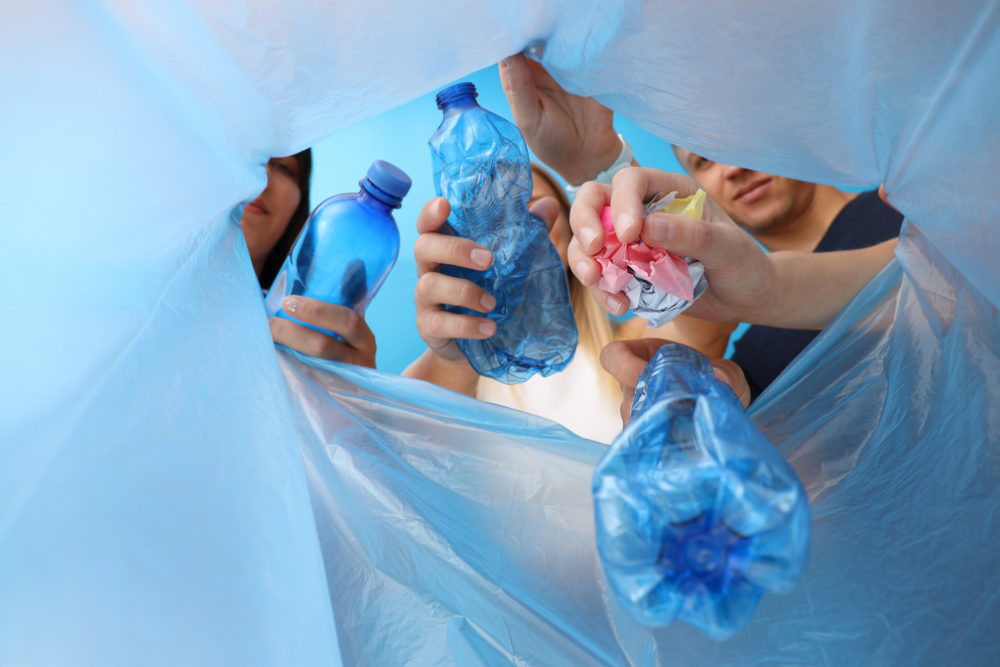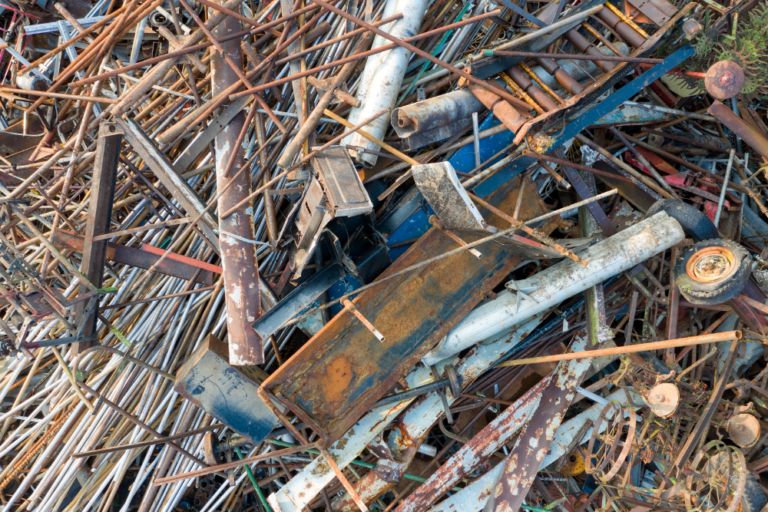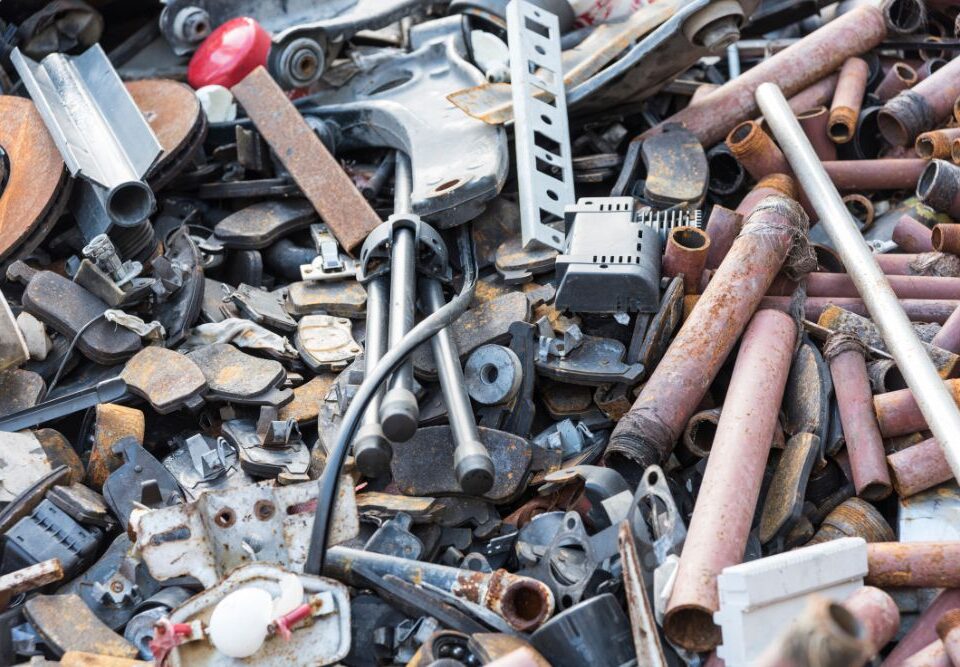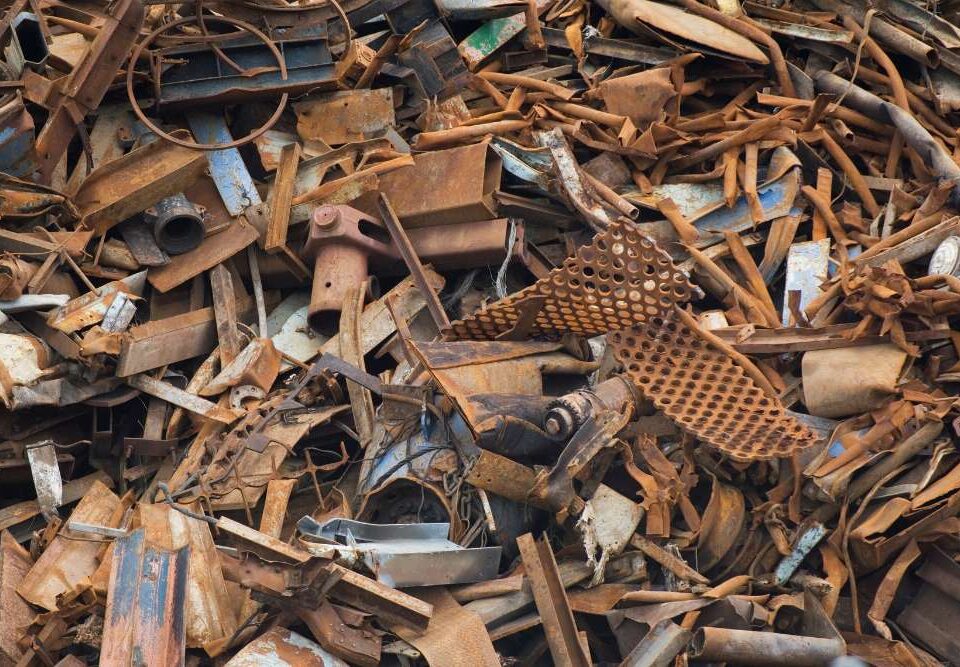
Eco-Friendly Junk Removal Solutions for Your Business
September 16, 2025
How Donation Pickup Services Can Help You Give Back
September 16, 2025How Recycling Junk Saves Energy and Resources
When we casually throw items into the trash, it’s easy to dismiss the ripple effect of that single action. Yet every piece of junk represents a deeper story: trees cut down to provide wood, metals mined from the earth, fossil fuels burned to power factories, and gallons of water consumed during production. Recycling shifts this narrative by giving those materials a second chance instead of letting them rot in a landfill. It is not only about reducing the visible piles of waste but also about preserving the invisible energy already invested. By reintroducing junk into production cycles, we ease pressure on natural resources, minimize pollution, and reduce the demand for energy-heavy manufacturing. Recycling junk, therefore, becomes an act of respect toward the planet, conserving resources while shaping communities that thrive through sustainable living and conscious choices.
Recycling Junk Creates a Chain of Energy Savings
The process of making products from raw materials requires enormous amounts of energy, from extraction to refinement and manufacturing. Recycling shortens this cycle, allowing materials like metal, glass, and paper to reenter production with far less energy expenditure. By doing so, junk recycling directly reduces the pressure on energy grids and lowers greenhouse gas emissions.
Energy savings from recycling are not minor—they are transformative. For example, recycling aluminum saves up to 95 percent of the energy compared to creating it from raw ore. This kind of reduction shows how junk recycling doesn’t just prevent waste but also creates measurable energy relief. Each recycled item, whether small or large, becomes part of a bigger energy solution. When households and businesses embrace recycling, they become contributors to a system that prioritizes efficiency over depletion.
Conserving Natural Resources Through Junk Recycling
Every object in our homes and offices contains resources taken from the earth. Plastics are born from fossil fuels, paper from forests, and metals from mines. Recycling these items keeps natural ecosystems intact by reducing the need to harvest fresh materials. This conservation protects habitats, preserves biodiversity, and sustains the balance of our planet’s natural systems.
When we recycle, we essentially give resources another chance to serve. A single ton of recycled paper saves countless trees, while metals can be reused almost indefinitely without losing quality. These preserved resources mean fewer forests cut down, fewer mines dug, and fewer rivers polluted in the pursuit of raw materials. Recycling junk becomes a way of showing respect to the earth itself, acknowledging that every tree and mineral matters. By extending the life of resources, we reduce environmental strain while still meeting human needs.
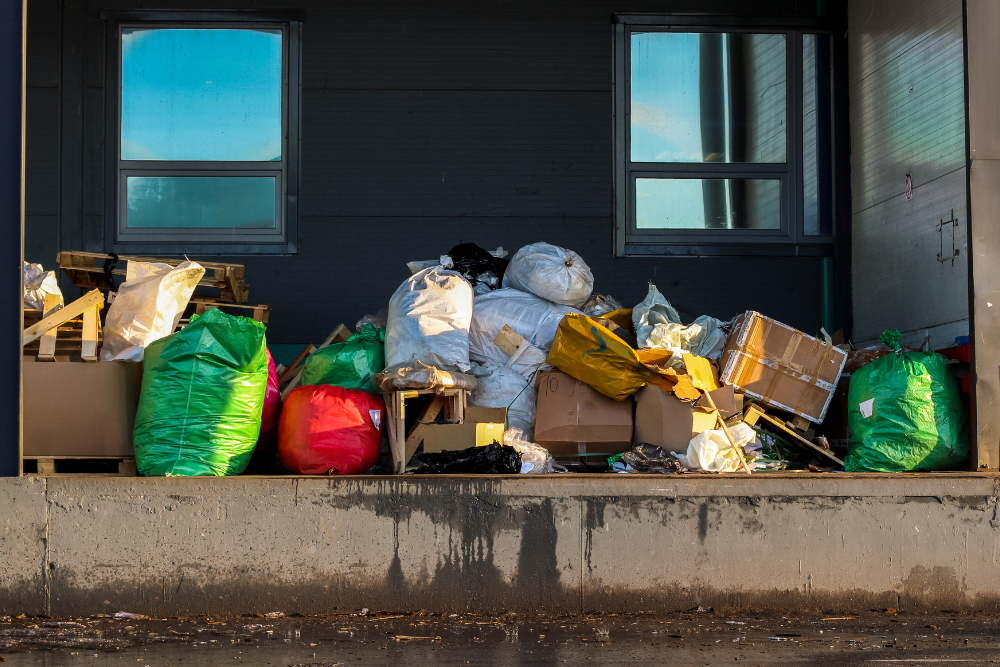
Recycling Junk Reduces Pollution at Its Source
Pollution is often tied to the early stages of material production. Mining, drilling, and refining release toxins into air and water while consuming vast amounts of energy. Recycling cuts down the need for these initial processes, reducing the pollution footprint before it even begins. The fewer raw resources we demand, the less environmental damage is unleashed in their collection.
Additionally, recycling helps manage pollution in landfills, where discarded items often leach chemicals into soil and groundwater. By intercepting junk before it reaches these sites, recycling prevents long-term contamination. Clean air, fresh water, and healthier soil all benefit when materials are reused. This proactive approach shifts the narrative from damage control to prevention, showing that recycling is more than waste management it is environmental protection. When individuals recycle, they actively choose cleaner skies and safer communities.
Junk Recycling Preserves Energy for Future Generations
Energy is finite, and its overuse affects not just today’s environment but also the world future generations will inherit. Recycling helps conserve this energy by making production more efficient. The energy that would have gone into creating new products from raw resources can instead remain in reserves, sustaining future societies.
This preservation is not abstract it has real consequences. Less demand for fossil fuels means fewer carbon emissions, helping to stabilize climate patterns. Families recycling in their homes today contribute to an energy landscape that their children and grandchildren will depend upon. By practicing recycling now, we create a legacy of responsibility, ensuring energy efficiency is not just a choice but a cultural norm. Junk recycling, therefore, becomes an investment in tomorrow’s world.
Recycling Junk Creates Jobs and Supports Local Economies
The recycling industry is a vital part of local economies. Each step, from collection to sorting to processing, requires skilled labor. By recycling junk, communities fuel demand for these jobs, supporting economic stability and growth. This creates opportunities for workers while building infrastructure for sustainable resource use.
Additionally, recycled materials feed into industries that manufacture new products, often at a lower cost than raw materials. This creates ripple effects in affordability and accessibility, helping businesses thrive. When we recycle, we’re not just saving energy—we’re stimulating economies that depend on these processes. Junk becomes more than clutter; it becomes a resource that fuels livelihoods and strengthens communities. This economic angle reinforces the idea that sustainability and prosperity can go hand in hand when supported by recycling.
Recycling Electronics Prevents Hazardous Waste Leaks
Electronic waste, from old phones to outdated computers, poses unique risks when tossed away. These items contain metals, plastics, and hazardous chemicals that can pollute soil and water when improperly discarded. Recycling electronics through junk services prevents these dangerous leaks from occurring.
In addition to preventing harm, recycling electronics recaptures valuable materials like copper, gold, and rare earth elements. Extracting these from old devices uses far less energy than mining them anew. Recycling electronics, therefore, is both a safety measure and a resource saver. It prevents toxins from entering ecosystems while recapturing critical components for reuse. By responsibly recycling e-waste, households and businesses align energy savings with environmental health, ensuring technology’s footprint doesn’t damage the very world it serves.
Junk Recycling Supports a Circular Economy
Traditional economies often operate in a linear fashion—produce, use, and discard. Recycling pushes societies toward a circular model where materials continuously cycle through stages of use, recovery, and reuse. This system prioritizes efficiency and reduces waste at its core.
By recycling junk, individuals contribute directly to this shift. Items that once seemed destined for the landfill reenter the economy as raw material for new production. This loop decreases dependence on virgin resources and keeps energy expenditures lower. Over time, circular economies create cultures of responsibility, where people view products not as disposable but as part of an ongoing cycle. Recycling junk is an essential pillar of this sustainable framework, redefining the relationship between consumption and conservation.
Recycling Junk Encourages Responsible Consumption
When people embrace recycling, it changes how they view purchases and waste. Items are no longer just objects—they are materials with ongoing value. This awareness leads to more thoughtful consumption habits, reducing overbuying and wasteful practices. Recycling encourages people to consider durability, repair, and reuse as part of ownership.
As individuals and communities adapt these habits, demand for sustainable products grows. Manufacturers, in turn, respond with eco-friendly options that support recycling systems. Recycling junk, then, is not just about disposal—it reshapes cultural norms around responsibility. The ripple effect ensures that entire communities begin valuing resources more consciously. Over time, these shifts foster a balance between consumer needs and environmental stewardship.
Junk Recycling Builds Cleaner and Healthier Communities
When recycling becomes a community norm, its benefits are visible everywhere. Streets and neighborhoods appear cleaner, with fewer bulky items left abandoned. Air and water quality improve as pollution decreases. The psychological effect of living in a cleaner environment also nurtures pride and connection among residents.
Health benefits naturally follow. Reduced exposure to landfill toxins, fewer pollutants from manufacturing, and cleaner spaces all contribute to healthier lifestyles. Recycling junk ensures that communities don’t just manage waste—they actively create healthier, safer places to live. This collective action demonstrates how simple choices can ripple outward, transforming both the physical and social landscape of a town or city.
The Role of Junk Removal Services in Recycling Success
While individuals play a critical role, professional junk removal services make large-scale recycling possible. These teams manage the heavy lifting, logistics, and delivery of items to appropriate recycling facilities. Their role ensures that materials don’t get lost in the shuffle but instead end up where they can do the most good.
By partnering with junk removal professionals, households and businesses gain confidence that their items are handled responsibly. Services that prioritize recycling ensure a higher percentage of waste avoids landfills. The collaboration between people and professionals turns intentions into measurable results. Recycling success, therefore, is not only about personal responsibility but also about leveraging the expertise of those dedicated to sustainable junk management.
Conclusion
Recycling junk is far more than a method of clearing clutter—it is a powerful act that saves energy, protects natural resources, and sustains communities. Each recycled item prevents waste, reduces pollution, and supports a cycle of reuse that strengthens both the environment and the economy. By embracing recycling, households and businesses alike participate in a broader cultural shift toward sustainability. For those ready to take part in this movement, North Bay Junk Removal provides trusted junk removal services in Santa Rosa, CA. With professional teams committed to recycling, they ensure that your items are directed toward meaningful second lives rather than wasted in landfills. When you are prepared to combine convenience with environmental responsibility, call North Bay Junk Removal at 707-478-6817. Together, we can make recycling an everyday action that builds healthier communities and safeguards resources for future generations.

